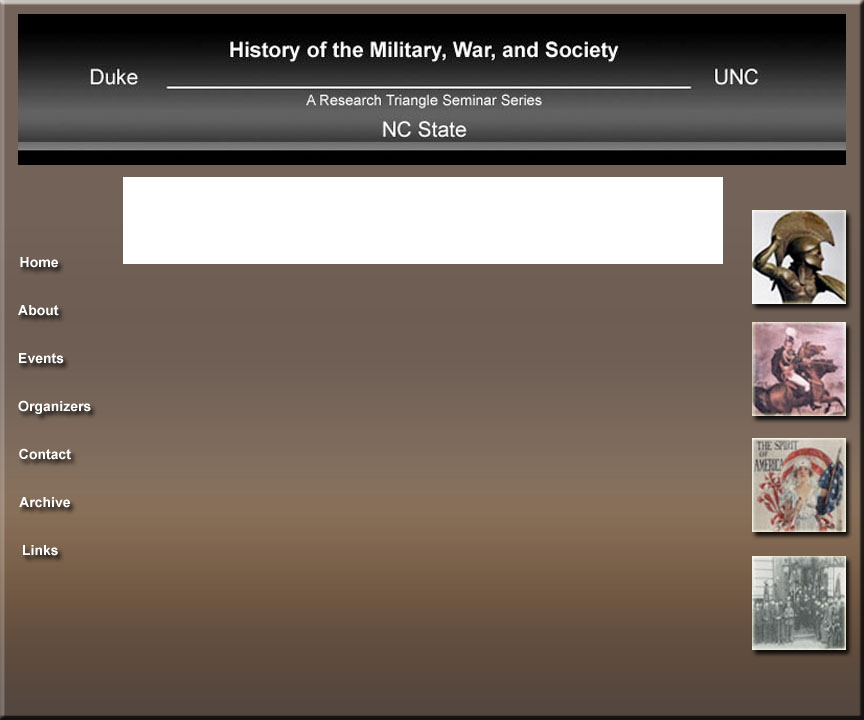
|
December 2, 2011 Susanna Lee (North Carolina State University) The Antithesis of Union Men and Confederate Rebels: After the American Civil War, former enemies waged new battles over reunion, most pressingly over citizenship in the reunited nation. In these postwar discussions of citizenship, loyalty became a key source of contention. Many Republicans favored restricting certain rights and privileges of citizenship according to wartime loyalties. Many Democrats, in contrast, supported restoring citizenship according to postwar loyalties. This paper explores competing definitions of loyalty through the Southern Claims Commission, a postwar agency that awarded compensation to “loyal citizens” for wartime property losses, and specifically focuses on white male claimants. In their rulings, the commissioners adhered to past loyalty, requiring southerners to prove that they had acted as loyal citizens during the war through specific Union contributions. Many claimants could not meet these standards, often arguing that they had been able to do little more than privately sympathize with the Union cause. The commissioners refused to accept Union sympathies without Union contributions as evidence of loyal citizenship. The paper argues that the definition of loyal citizenship advanced by the commission ultimately encouraged the celebration of devoted voters and soldiers on both sides. Susanna Michele Lee is Assistant Professor of History at North Carolina State University where she teaches classes in American history, particularly the Civil War and Reconstruction. She is currently working on two book manuscripts: one on citizenship in the post-Civil War South under contract with Cambridge University Press and one on civilians in central Virginia during the Civil War under consideration by University Press of Kentucky. Co-sponsored by the Triangle Institute for Security Studies |